为什么天空是蓝色的?
为什么泡沫不会沉到水下?
为什么风车会转动?
为什么……
孩子天生就充满好奇心,喜欢问各种问题。科学是幼儿园五大领域教学之一,带孩子做科学小实验,让他们亲身投入实验中,进行探索和尝试,并自己得出结论,这种自主式的探究学习会极大地促进孩子对科学的兴趣,废话不多说,快来看一看吧!
Why is the sky blue?
Why didn't the foam sink?
Why does a windmill turn?
Why...
The child is naturally inquisitive and likes to ask all kinds of questions. Science is one of the five major areas of teaching in kindergartens. Taking children on small scientific experiments and let them take part in the experiments themselves is a great learning experience. Exploring and reaching our own conclusions encourages independent inquiry and interest in science. Let’s take a look at some science activities!
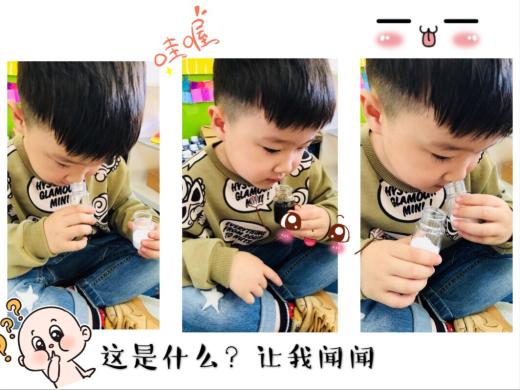
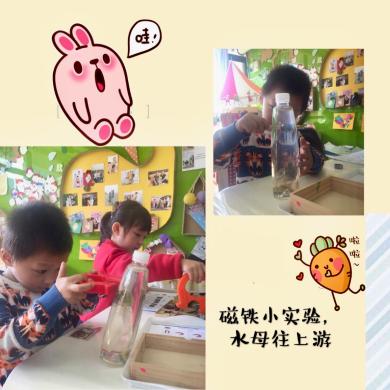
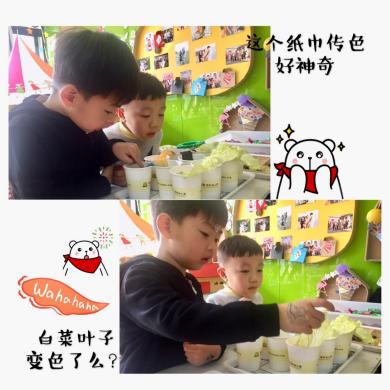
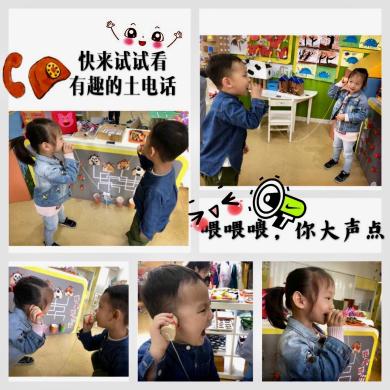
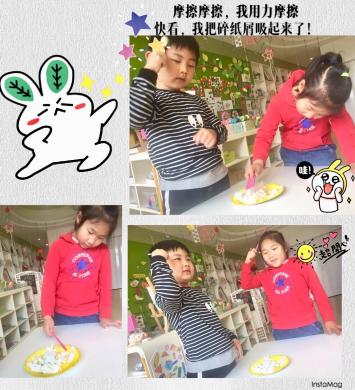
科学活动在选取材料的时候,选择的都是是孩子们熟悉的,生活中常见的,强调通过幼儿的“做”和亲身经历,感受、体验人与自然、与科学技术、与环境、与他人的情感和科学技术在生活中的作用。
Scientific activities should be selected carefully to resonate with children and address things they may encounter in everyday life. Emphasis is placed on feeling and experiencing science and technology for themselves. It goes without saying that children can learn more if they “learn by doing”.
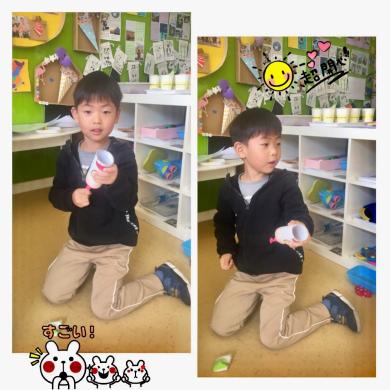
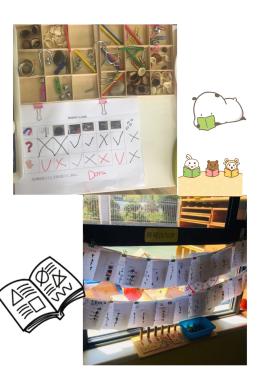
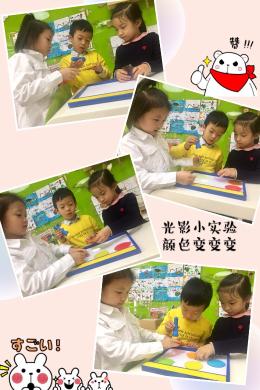
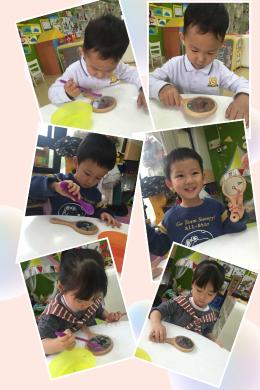
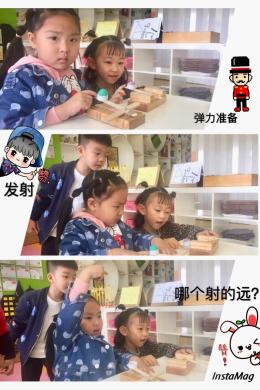
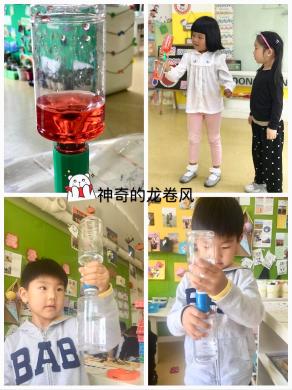
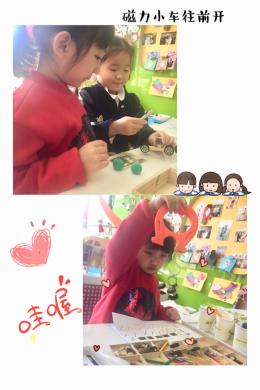
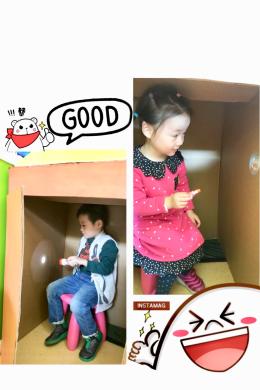
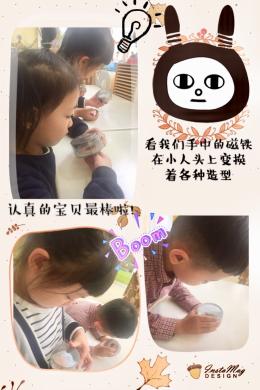
科探活动就是一种重要的自主探索活动,在科探活动中幼儿亲自动手操作,既可以培养幼儿学科学的兴趣,激发孩子的好奇心,发展他们的自信心、主动性、独立性和创造性,又可以提高幼儿在科学活动中发现问题和解决问题的能力。我们努力以孩子的眼光去关注孩子所关注的,在细节中培养孩子的科学素养。
Scientific exploration is an important activity, in which the child does the operation himself during the process of scientific exploration. It not only cultivates children's interest in science, but arouses their curiosity, develops independence and creativity. They have a chance to identify and solve problems through scientific activities. Through children’s curiosity we can ask new questions and solve them with science activities.


















































